Recycling does more than reduce landfill waste; it conserves natural resources, saves energy, and reduces the demand for raw materials. By turning the old into new, we lessen the strain on our planet, giving it room to breathe and regenerate. The process of recycling embodies a cycle of renewal, where materials once destined for disposal are transformed into something valuable once again. This cycle not only conserves resources but also sparks innovation, encouraging the development of greener products and technologies.
Moreover, recycling carries profound economic implications. It nurtures a green economy, creating jobs in collection, sorting, processing, and manufacturing. These are not just jobs; they are roles in a movement toward a more sustainable and resilient future. By investing in recycling, we invest in economic growth that harmonizes with our environmental aspirations.
The Benefits of Recycling
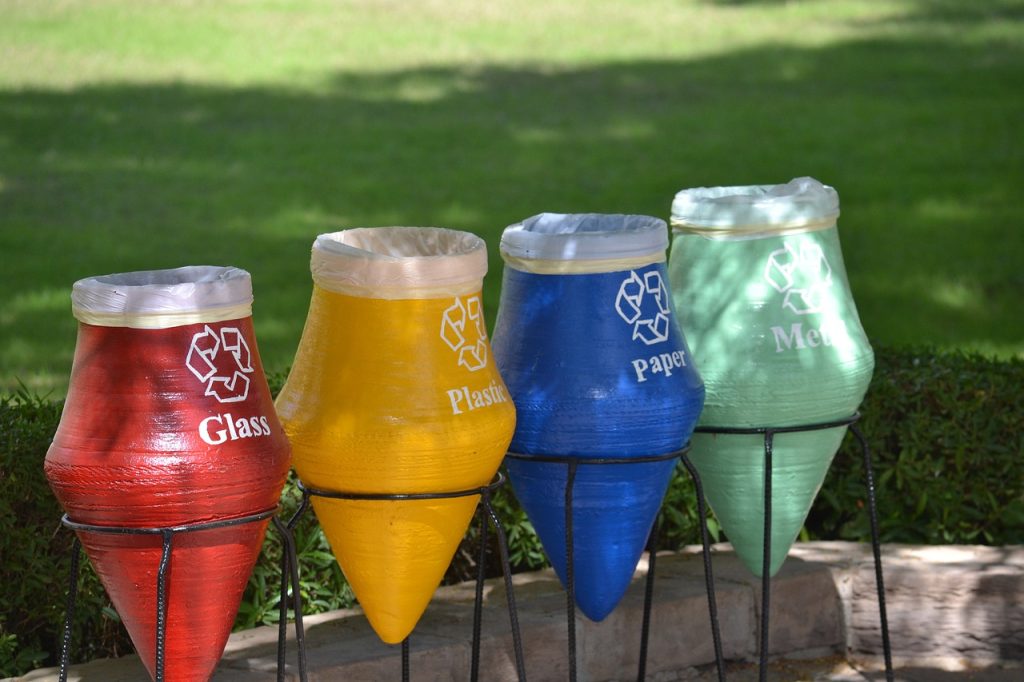
Delving into the heart of environmental stewardship, recycling stands out not just as a duty but as a beacon of hope for our planet. Its benefits are manifold, weaving through the environmental, economic, and social fabrics of our society. This multifaceted approach to managing waste transforms what was once considered refuse into resources, highlighting the profound impact recycling has on our world.
Reducing Waste in Landfills
One of the most immediate and visible benefits of recycling is the significant reduction of waste in landfills. Every bottle, can, or piece of paper recycled is one less item contributing to the growing mounds of waste that plague our landscapes. By diverting these materials from landfills, recycling helps mitigate the production of methane, a potent greenhouse gas that accelerates climate change. This reduction in landfill waste not only conserves land but also reduces the environmental burden on our planet.
Conserving Natural Resources
At its core, recycling is an act of conservation. It ensures that valuable materials like metals, glass, paper, and plastics are reprocessed and reused, rather than extracted anew from the earth. This conservation of natural resources is crucial in maintaining biodiversity, reducing habitat destruction, and preserving the balance of ecosystems. By relying on recycled materials, we decrease the demand for raw resources, thereby protecting the natural wealth of our planet for future generations.
Energy Savings and Efficiency
Recycling is inherently energy-efficient. Manufacturing products from recycled materials typically requires less energy than producing them from virgin resources. For example, recycling aluminum saves approximately 95% of the energy needed to make the same amount of aluminum from its raw source, bauxite. These energy savings are substantial, reducing the overall carbon footprint of manufacturing processes and contributing to the fight against climate change.
Economic Growth and Job Creation
Beyond its environmental impact, recycling drives economic growth. The recycling industry is a significant source of employment, supporting jobs in collecting, processing, and repurposing materials. These green jobs are not only vital for a sustainable economy but also for fostering innovation in recycling technologies and practices. Moreover, recycling stimulates local economies by creating a supply chain that values and invests in recovered materials.
Promoting Sustainable Living
Recycling embodies the principles of sustainable living. It encourages individuals and communities to reflect on their consumption habits and make conscious choices that benefit the planet. This shift towards sustainability fosters a culture of responsibility and awareness, where every action is seen as part of a larger effort to preserve the environment. By integrating recycling into daily life, we champion a lifestyle that prioritizes the well-being of our planet over convenience.
Cultivating Community Engagement
Recycling serves as a rallying point for community engagement. It brings people together around a common goal: protecting the environment. Community recycling programs not only facilitate the practical aspects of waste management but also build a sense of collective responsibility and empowerment. Through these initiatives, individuals learn the value of their contributions and experience firsthand the impact of collective action.
Recycling’s Economic Impact

Recycling, often viewed through the lens of environmental conservation, equally plays a critical role in shaping our economy. This green engine of growth not only nurtures the planet but also propels economic development, weaving sustainability into the very fabric of our economic systems. The economic impact of recycling is profound, touching various sectors and contributing significantly to job creation, innovation, and sustainable growth.
Job Creation and Economic Growth
The recycling industry is a significant employment generator. From the collection and sorting of recyclables to their processing and conversion into new products, each step in the recycling chain supports jobs. These roles span a wide range of skills and expertise, from manual labor to high-tech engineering. According to the Bureau of Labor Statistics, the recycling industry supports thousands of jobs and contributes billions to the U.S. economy. This sector offers not just employment but also career pathways in sustainability, engineering, and environmental science, among others.
Stimulating Local Economies
Recycling stimulates local economies by creating a demand for recycled materials. This demand encourages the growth of businesses involved in the collection, processing, and resale of recycled commodities. Local governments benefit from recycling programs through reduced landfill costs and potential revenue from the sale of recyclables. Additionally, recycling promotes the development of a circular economy, where materials are kept in use for as long as possible, adding value and reducing waste. This economic model fosters local innovation and entrepreneurship, leading to the creation of new products and services that support sustainable living.
Resource Efficiency and Cost Savings
Recycling is inherently resource-efficient, offering significant cost savings over the extraction and processing of virgin materials. Manufacturing products from recycled materials often requires less energy, reducing production costs and enhancing the competitiveness of industries. For businesses, adopting recycling practices can lead to savings in waste disposal costs and materials procurement. These savings can be reinvested in the business, driving growth, innovation, and sustainability.
Investment and Innovation
The economic impact of recycling extends to investment and innovation. As awareness of environmental issues grows, investors are increasingly drawn to sustainable ventures, including those in the recycling sector. This influx of capital fuels research and development, leading to technological advancements in recycling processes and materials. Innovations such as enhanced sorting technologies and new methods for recycling complex materials not only improve the efficiency of recycling but also open up new markets for recycled products.
Enhancing Global Competitiveness
On the global stage, countries that invest in recycling infrastructure and technology position themselves as leaders in the emerging green economy. By prioritizing sustainability, these nations enhance their competitiveness, attracting investment, and fostering international partnerships. The recycling industry, with its focus on resource conservation and sustainability, aligns with global efforts to combat climate change, offering opportunities for international collaboration and leadership.
The Environmental Impact of Recycling
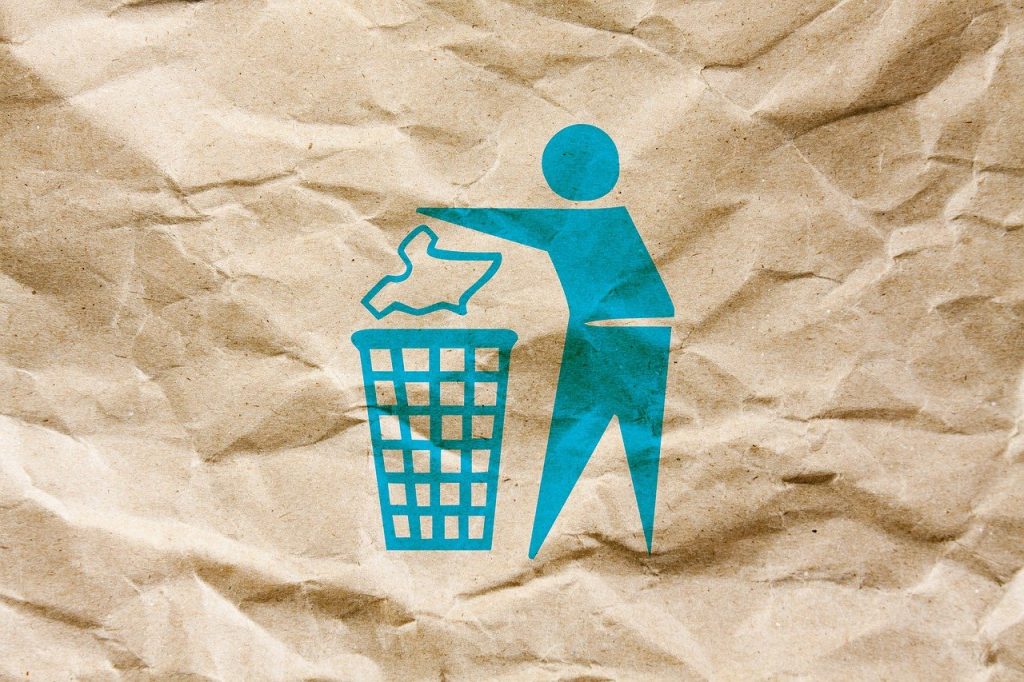
Recycling stands as a cornerstone in the global effort to mitigate environmental degradation and foster a sustainable future. Its environmental impact is profound, offering a path to not only alleviate the burden on our planet’s resources but also to address some of the most pressing ecological challenges of our time. From reducing greenhouse gas emissions to conserving natural habitats, recycling is a key player in the environmental movement.
Decreasing Carbon Footprints
Recycling significantly reduces the carbon footprint of manufacturing processes. By using recycled materials instead of virgin resources, industries can lower their energy consumption. For instance, producing new aluminum from recycled aluminum cans saves up to 95% of the energy required to make the same amount of aluminum from bauxite ore. These energy savings translate directly into decreased carbon dioxide emissions, a leading contributor to global warming and climate change.
Conserving Natural Resources and Biodiversity
The extraction of raw materials from the earth has extensive environmental impacts, including habitat destruction, biodiversity loss, soil erosion, and water contamination. Recycling mitigates these impacts by reducing the demand for virgin resources. Every ton of paper recycled, for example, saves 17 trees and over 3 cubic yards of landfill space, preserving forests and the biodiversity they support. This conservation of resources extends beyond forests to include water, minerals, and fossil fuels, all of which are preserved through recycling efforts.
Reducing Waste in Landfills and Oceans
One of the most visible benefits of recycling is the reduction of waste in landfills and oceans. Landfills are not only unsightly but also contribute to the production of methane, a potent greenhouse gas. Recycling diverts waste from landfills, decreasing methane emissions. Similarly, by recycling plastics and other materials, we can reduce the amount of waste that ends up in our oceans, threatening marine life and ecosystems. Recycling helps protect these environments, contributing to cleaner water and healthier habitats for wildlife.
Preventing Pollution
Recycling helps prevent pollution by reducing the need to collect, process, and dispose of raw materials. The process of extracting and processing raw materials is often associated with air and water pollution. Recycling circumvents much of this pollution, as recycled materials require less processing to be turned into new products. Furthermore, recycling reduces the pollution associated with waste disposal, including emissions from incineration and leachate from landfills that can contaminate water supplies.
Promoting Sustainable Practices
Beyond its direct environmental benefits, recycling promotes a culture of sustainability. It encourages both individuals and businesses to consider the lifecycle of products and to make choices that reduce environmental impact. This shift towards sustainability can have far-reaching effects, influencing policy, consumer behavior, and corporate responsibility. By prioritizing recycling, society takes a step toward more sustainable consumption patterns and resource use, laying the foundation for a healthier planet.
Challenges in Recycling
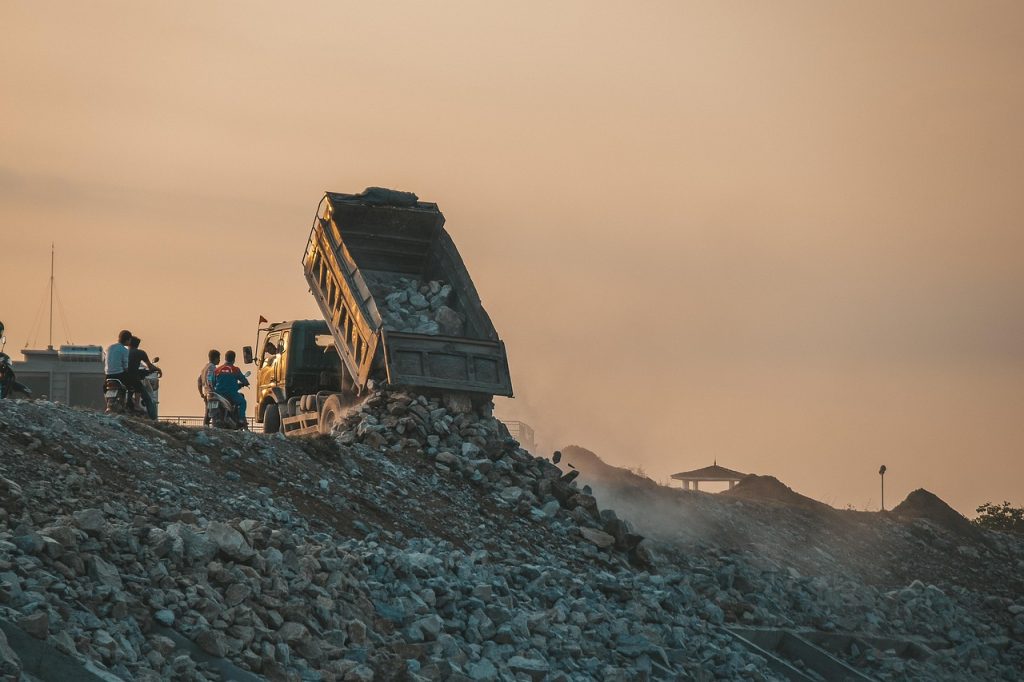
While recycling stands as a beacon of sustainability and environmental preservation, it is not without its challenges. These obstacles range from the technical complexities of recycling certain materials to the broader issues of economic viability and consumer behavior. Understanding these challenges is crucial for developing more effective recycling programs and technologies, ensuring that recycling continues to evolve as a cornerstone of environmental stewardship.
Complexity of Recycling Different Materials
One of the foremost challenges in recycling is the complexity involved in processing different materials. Not all materials are created equal in the world of recycling. Items like single-use plastics, complex composites, and certain types of glass pose significant difficulties due to their composition or contamination levels. For instance, plastic types must be sorted accurately, as mixing them can degrade the quality of the recycled material. Similarly, items coated with food waste or other contaminants may require additional processing, increasing the cost and reducing the efficiency of recycling.
Addressing Contamination in Recycling Streams
Contamination in recycling streams significantly hampers the effectiveness of recycling efforts. When non-recyclable items or materials of different types are mixed, they can contaminate entire batches of recyclables, making them unsuitable for processing. This not only increases the cost of recycling but also diminishes the quality of the end product. Educating consumers on proper recycling practices and implementing more sophisticated sorting technologies are vital steps in addressing this challenge.
Economic Viability of Recycling Programs
The economic viability of recycling programs is another significant challenge. The costs associated with collecting, sorting, and processing recyclables must be balanced against the revenue generated from selling recycled materials. Market fluctuations can dramatically impact the profitability of recycling, making some materials more costly to recycle than to dispose of. Ensuring the economic sustainability of recycling programs requires innovative business models, government support, and the development of markets for recycled materials.
Consumer Participation and Awareness
A critical factor in the success of recycling programs is the level of consumer participation and awareness. Despite widespread recognition of recycling’s importance, confusion about what can be recycled and how to recycle properly remains a significant barrier. This confusion can lead to low participation rates and high contamination levels in recycling streams. Increasing consumer awareness through education campaigns and clear labeling can help overcome this challenge.
Global Disparities in Recycling Infrastructure
The global disparities in recycling infrastructure pose yet another challenge. While some countries have developed advanced recycling systems, others lack the resources or technology to implement effective recycling programs. This disparity not only affects the global efficiency of recycling but also leads to the export of waste to countries ill-equipped to handle it responsibly. International cooperation and investment in global recycling infrastructure are essential to address this issue.
Innovations in Recycling Technology
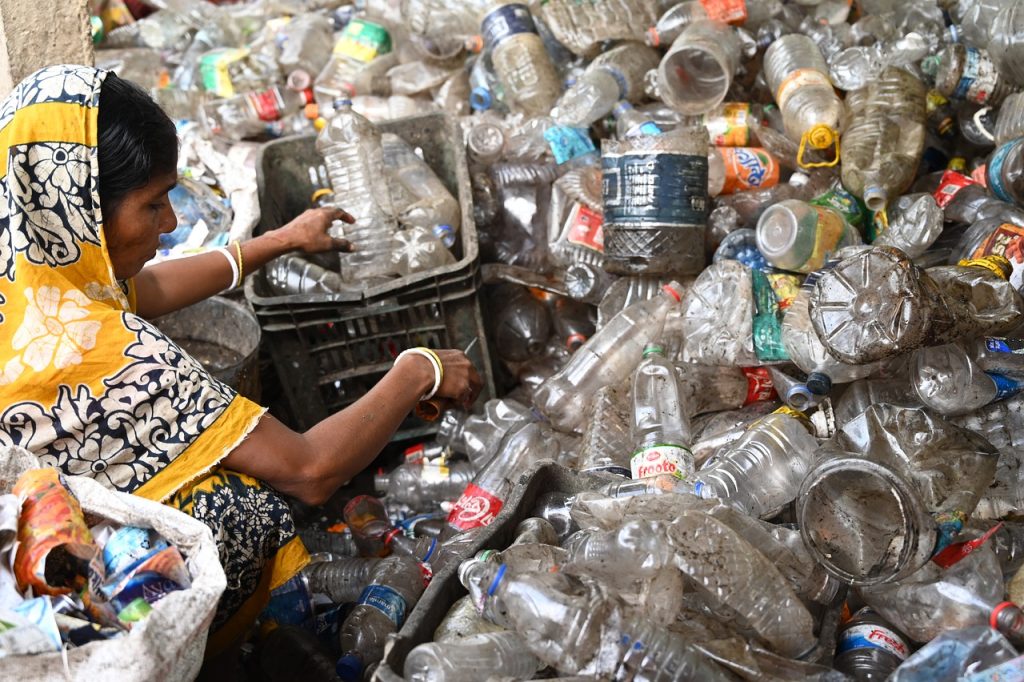
As the global community grapples with the challenges of waste management and environmental conservation, innovations in recycling technology emerge as beacons of hope. These advancements are revolutionizing the recycling industry, making the process more efficient, accessible, and impactful. From cutting-edge sorting techniques to novel methods for recycling previously non-recyclable materials, technology is paving the way for a more sustainable future.
Advanced Sorting Technologies
One of the most significant advancements in recycling technology is the development of sophisticated sorting systems. Traditional manual sorting methods are being supplemented and, in some cases, replaced by automated technologies that can accurately separate materials at a much faster rate. Optical sorting systems, for instance, use sensors and machine learning algorithms to identify and sort recyclables based on material type, color, and even chemical composition. These systems significantly reduce contamination rates, improve the quality of recycled materials, and make the recycling process more efficient.
Enhanced Processing Techniques
Technological innovations are also transforming the processing of recyclables. Pyrolysis, a process that converts plastic waste into fuel or new plastics without the need for sorting, is gaining attention as a viable recycling method. Similarly, advancements in chemical recycling techniques enable the breakdown of complex plastics back into their original monomers, allowing for the creation of new plastics with virgin-like quality. These enhanced processing techniques expand the range of materials that can be recycled, moving us closer to a circular economy.
Recycling the Unrecyclable
Perhaps the most exciting area of innovation is in the recycling of materials previously deemed unrecyclable. Researchers and companies worldwide are developing solutions to recycle items like multi-layered packaging, Styrofoam, and certain types of flexible plastics. For example, new chemical processes can now extract usable materials from multi-layered packaging, turning a waste product into a resource. These innovations not only reduce waste but also challenge our perceptions of what is and isn’t recyclable.
Biodegradable and Compostable Alternatives
In parallel with technologies to recycle traditional materials, there’s a growing focus on the development of biodegradable and compostable alternatives. These materials, designed to break down safely in the environment or in composting facilities, offer a sustainable alternative to conventional plastics. While not a direct form of recycling, the adoption of these materials complements recycling efforts by reducing the overall volume of non-degradable waste.
Blockchain for Recycling
Blockchain technology is being explored as a tool to enhance transparency and efficiency in recycling supply chains. By securely tracking the journey of recyclable materials from collection to reprocessing, blockchain can help ensure the integrity of the recycling process and foster trust among stakeholders. This technology also opens up new possibilities for incentivizing recycling among consumers and businesses through tokenization and reward systems.
Community and Individual Action
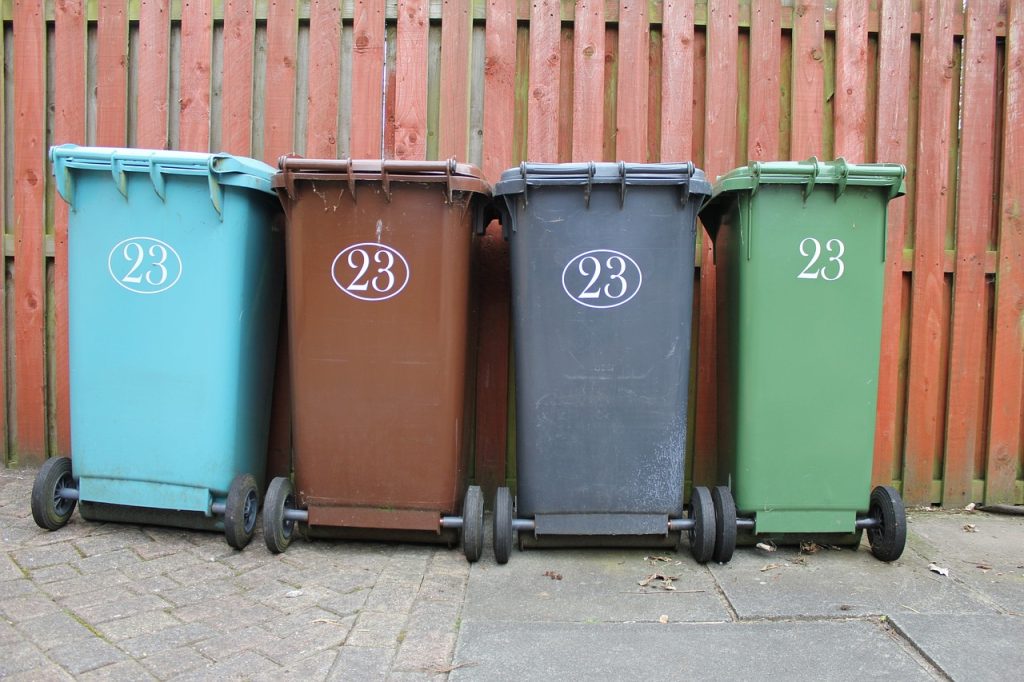
The journey towards a more sustainable and environmentally conscious world is not solely the responsibility of governments and corporations; it hinges on the collective actions of communities and individuals. Grassroots movements, local initiatives, and personal commitments to recycling and waste reduction are pivotal in driving the change needed to safeguard our planet. This collective endeavor underscores the power of community and individual action in contributing to a larger, global effort to enhance recycling and sustainability.
Empowering Communities to Make a Difference
Communities play a crucial role in the success of recycling programs. Local initiatives can tailor recycling efforts to the specific needs and characteristics of a community, fostering a sense of ownership and participation. Community-led recycling drives, local education programs, and neighborhood clean-up events not only improve local environments but also build community spirit and awareness around sustainability issues. Municipalities can support these efforts by providing accessible recycling facilities, organizing hazardous waste collection days, and offering incentives for waste reduction.
The Role of Individuals in Recycling Efforts
Individual action is the bedrock of successful recycling. Each person’s daily choices, from minimizing waste to correctly sorting recyclables, contribute to the effectiveness of recycling programs. By adopting simple habits, such as using reusable bags and containers, buying products with minimal packaging, and educating oneself on local recycling guidelines, individuals can make a significant impact. Furthermore, individuals can advocate for change by supporting businesses and policies that prioritize sustainability and by spreading awareness about the importance of recycling within their networks.
Leveraging Technology for Greater Impact
Technology offers innovative ways for communities and individuals to engage with recycling efforts. Mobile apps can provide information on how to recycle specific items, locate nearest recycling centers, and track personal and community waste reduction achievements. Social media platforms are powerful tools for raising awareness, sharing success stories, and mobilizing community action. Through these technologies, individuals and communities can stay informed, connected, and motivated in their recycling endeavors.
Education and Awareness
Education is a cornerstone of fostering a culture of recycling. Schools, community centers, and local governments have a vital role in providing educational resources that highlight the benefits of recycling and how to participate effectively. Workshops, seminars, and school programs can equip individuals of all ages with the knowledge and skills needed to contribute to recycling efforts. By embedding sustainability and recycling education into community activities, we can nurture a generation of environmentally conscious citizens.
Creating Sustainable Habits
Ultimately, the goal is to integrate recycling and sustainable practices into the fabric of everyday life. This means moving beyond recycling as an occasional activity to making it a fundamental aspect of daily routines. Communities and individuals can achieve this through continuous commitment, creativity in finding new ways to reduce waste, and perseverance in the face of challenges. It’s about creating a culture where sustainability is valued, and actions aligned with this value are celebrated and encouraged.
The Future of Recycling
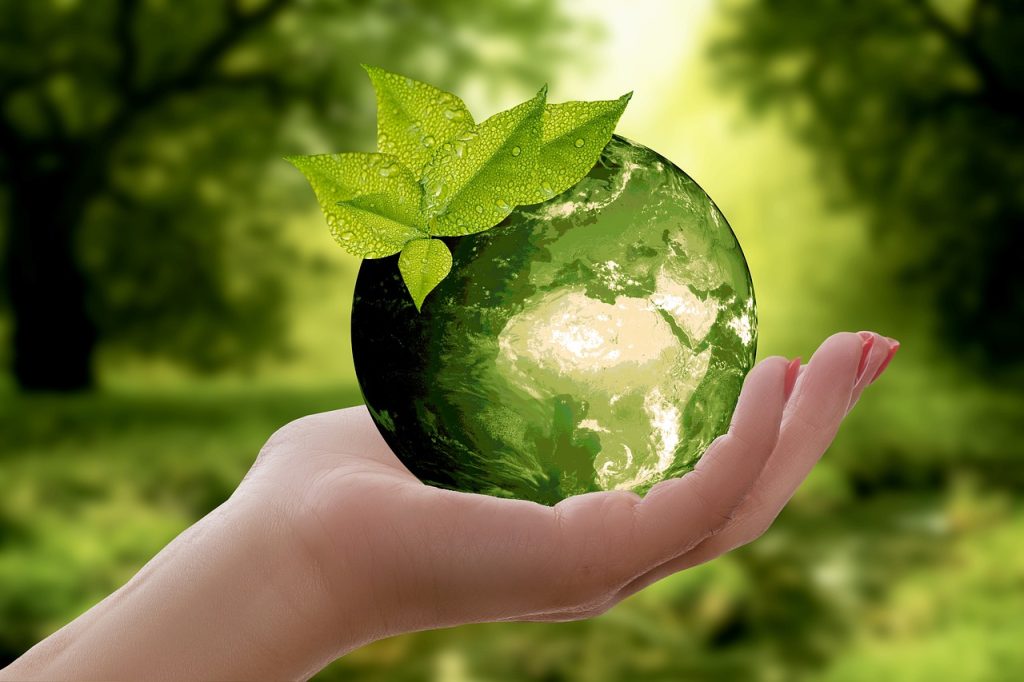
The future of recycling unfolds on the horizon as a beacon of innovation, sustainability, and community engagement. As we navigate the challenges of today’s waste management and environmental conservation, the trajectory of recycling is set towards greater efficiency, inclusivity, and impact. This forward-looking perspective envisions a world where recycling transcends its current limitations, becoming a cornerstone of a circular economy and a testament to our commitment to the planet.
Towards a Circular Economy
The circular economy represents the future of sustainable living, where products are designed, used, and recycled in a way that minimizes waste and maximizes resource efficiency. In this model, recycling is not just an end-of-life option but a fundamental aspect of every product’s design. Manufacturers are increasingly adopting this approach, creating products that are easier to recycle and made from recycled materials. This shift requires collaboration across industries, governments, and communities to establish systems that support the circular economy’s principles.
Technological Advancements and Innovation
The continued evolution of recycling technologies promises to address many of the current system’s shortcomings. Innovations such as AI-powered sorting systems, advanced materials recovery facilities, and chemical recycling processes are set to improve the efficiency and effectiveness of recycling. These technologies will enable the recycling of materials that are currently difficult or economically unfeasible to process, expanding the range of recyclable goods.
Global Collaboration and Policy Support
The future of recycling depends on global collaboration and strong policy support. Recognizing the interconnectedness of our environmental challenges, countries are coming together to establish international standards and agreements for waste management and recycling. Policies that incentivize recycling, discourage wasteful practices, and support the development of recycling infrastructure are crucial. These efforts will help harmonize recycling efforts globally, ensuring that valuable materials are reclaimed and reused, regardless of where they are discarded.
Consumer Engagement and Education
As recycling technologies and systems evolve, so too must our approach to consumer engagement and education. The future of recycling envisions a world where consumers are not only aware of the importance of recycling but are also empowered with the knowledge and tools to participate effectively. Education campaigns, community programs, and technological solutions like apps that provide recycling information and incentives will play a vital role in fostering a culture of recycling.
Sustainable Materials and Design
Looking ahead, the development and adoption of sustainable materials and design principles will significantly impact the recycling industry. Biodegradable materials, eco-friendly packaging, and products designed for disassembly and recycling will become the norm. These initiatives will reduce the reliance on virgin materials, decrease waste, and facilitate the recycling process, aligning product design with environmental sustainability goals.
Recycling Myths Debunked
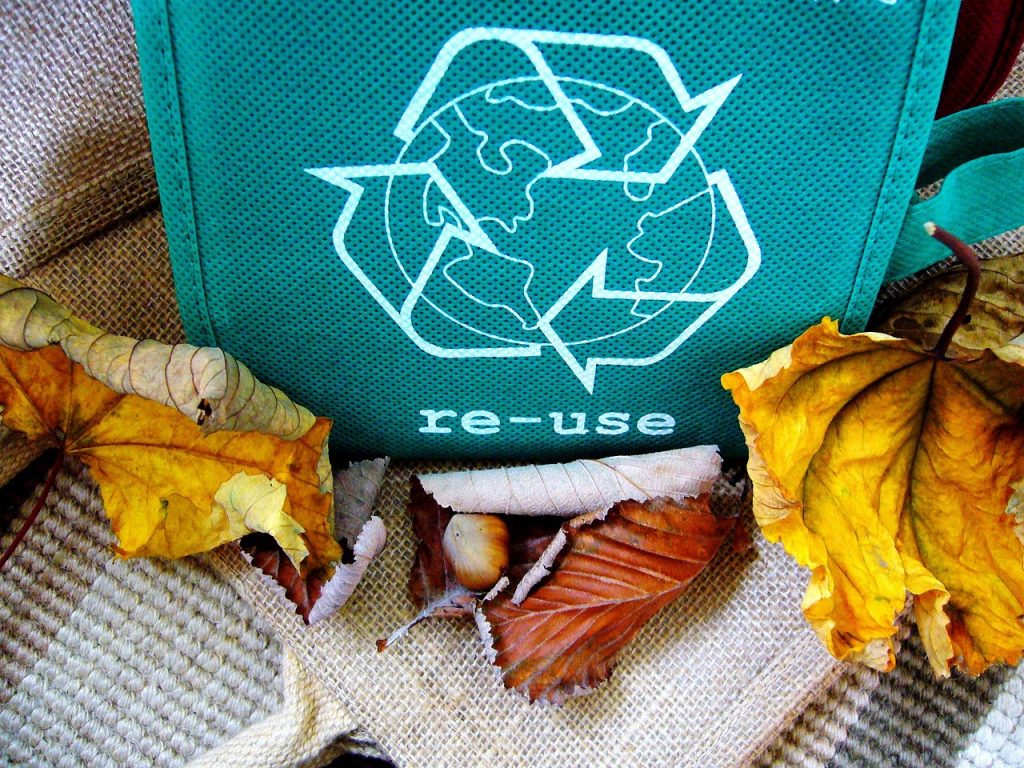
In the quest to become more environmentally conscious, recycling stands out as a critical practice. However, myths and misconceptions about recycling can hinder our efforts to make a real impact. It’s essential to debunk these myths, clearing the path for effective and informed recycling practices. Here, we address some of the most common recycling myths, providing clarity and encouraging a more sustainable approach to waste management.
Myth 1: Recycling Is More Energy-Intensive Than It’s Worth
One pervasive myth is that recycling consumes more energy than it saves. However, this is far from the truth. Recycling materials like aluminum, plastic, and paper significantly reduces energy consumption. For example, recycling aluminum cans saves up to 95% of the energy required to produce the same amount of aluminum from raw materials. The energy savings for recycling paper are about 40%, and for plastics, it can be as much as 70%. These savings contribute to a reduction in overall carbon emissions, underscoring the energy efficiency of recycling.
Myth 2: All Plastics Are Recyclable
While we wish this were true, not all plastics are recyclable. The recyclability of plastic depends on its type and condition. Typically, plastics marked with resin codes 1 (PET) and 2 (HDPE) are widely accepted for recycling. However, other types, such as certain kinds of plastic bags, films, and styrofoam, are more challenging to recycle due to the lack of infrastructure or market demand for the recycled material. It’s crucial to check local recycling guidelines to understand which plastics can be recycled in your area.
Myth 3: Recycled Products Are of Lower Quality
Another myth is that products made from recycled materials are of inferior quality compared to those made from virgin materials. This is not necessarily true. Many recycled products retain the quality and durability of their original state. Advances in recycling technology have made it possible to produce high-quality recycled materials that meet or even exceed the performance of virgin materials in many applications. From recycled paper to aluminum and glass, recycled products often match the quality of their non-recycled counterparts.
Myth 4: Recycling Is the Ultimate Solution to Waste
While recycling is a vital component of waste management, it’s not a catch-all solution. The hierarchy of waste management prioritizes reducing and reusing over recycling. The most effective way to manage waste is to produce less of it in the first place and to find ways to reuse materials before recycling them. Recycling is an important step, but it works best as part of a broader approach to sustainability that includes reducing consumption and reusing materials whenever possible.
Myth 5: You Don’t Need to Clean Recyclables
While recyclables don’t need to be spotless, excessive contamination can render them unrecyclable. Food residue and liquids can contaminate paper and cardboard, reducing their quality and recyclability. It’s important to rinse containers and ensure that recyclables are relatively clean and dry before placing them in the recycling bin. This simple step can significantly improve the efficiency and effectiveness of recycling processes.
How to Get Involved in Recycling

Getting involved in recycling is a meaningful way to contribute to environmental sustainability and make a positive impact on our planet. Whether you’re just starting out or looking to deepen your commitment, there are numerous ways to participate in recycling efforts. This guide offers practical tips and insights to help you become more actively involved in recycling, from everyday habits to community engagement.
Start with the Basics: Know What to Recycle
Educate Yourself: Learn about the types of materials that can be recycled in your local community. Most programs accept paper, cardboard, metal cans, and certain types of plastic and glass, but specifics can vary.
Understand Sorting Rules: Familiarize yourself with how to sort recyclables in your area. Proper sorting is crucial for the recycling process to be efficient and effective.
Reduce, Reuse, Recycle
Reduce Waste: The most impactful step is to reduce the amount of waste you produce. Opt for products with minimal packaging, buy in bulk, and choose reusable items over disposable ones.
Reuse and Repurpose: Before recycling, consider if an item can be reused, donated, or repurposed. This can significantly extend the life of products and materials.
Recycle Properly: Make recycling a routine part of your life. Set up a convenient recycling station at home and make sure everyone in your household knows how to use it.
Participate in Local Recycling Programs
Stay Informed: Follow local waste management authorities on social media or their website for updates on recycling programs, special waste collection days, and tips.
Hazardous Waste: Properly dispose of hazardous waste like batteries, electronics, and chemicals through designated collection programs.
Volunteer and Advocate
Community Clean-Ups: Join or organize community clean-up events to collect recyclables and litter from public spaces.
Advocacy: Support policies and initiatives that promote recycling and sustainable waste management. Voice your support for environmental issues to local representatives.
Educate Others
Share Knowledge: Use your social media platforms, community groups, or personal interactions to educate others about the importance of recycling and how to participate effectively.
Lead by Example: Demonstrate good recycling habits in your daily life. Your actions can inspire others to follow suit.
Support Recycled Products
Buy Recycled: Whenever possible, choose products made from recycled materials. This supports the market for recyclables and encourages more sustainable production practices.
Look for Eco-Friendly Brands: Support companies that prioritize sustainability in their packaging and products.
Practical Tips for Everyday Recycling
Label Your Bins: Clearly label recycling bins at home to make it easy for everyone to know where to dispose of recyclables.
Keep It Clean: Rinse containers to remove food residue and ensure paper products are dry and free of contaminants.
Stay Organized: Regularly sort through your recyclables to ensure they are properly organized and ready for pickup or drop-off.
